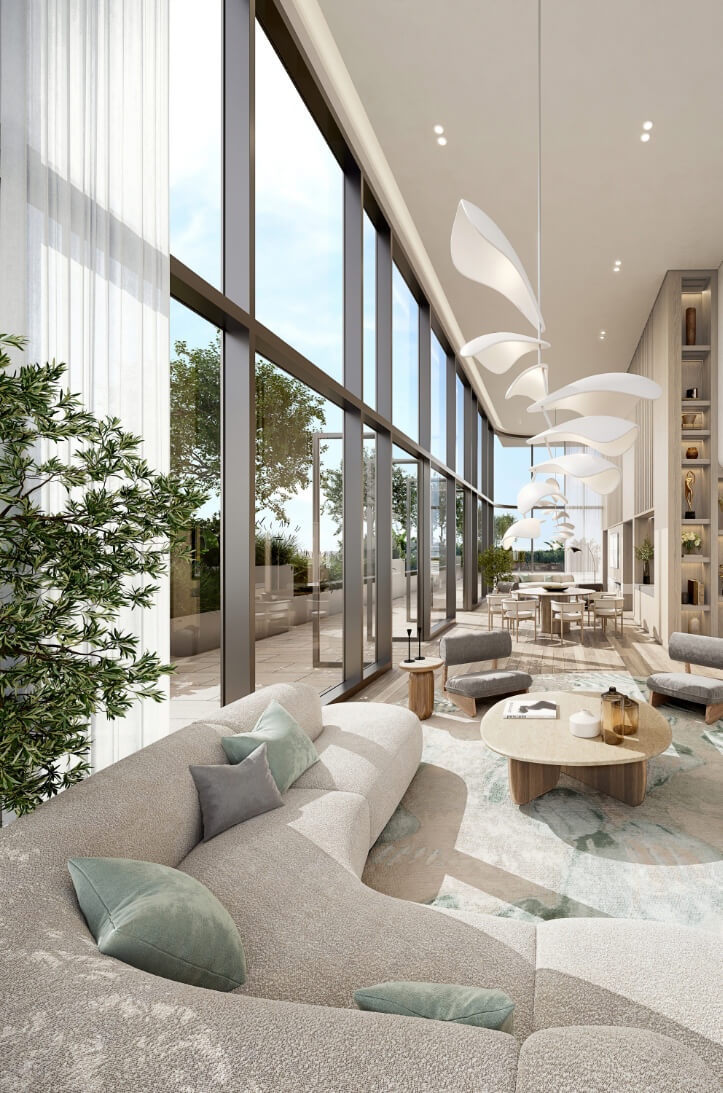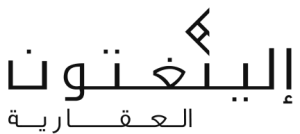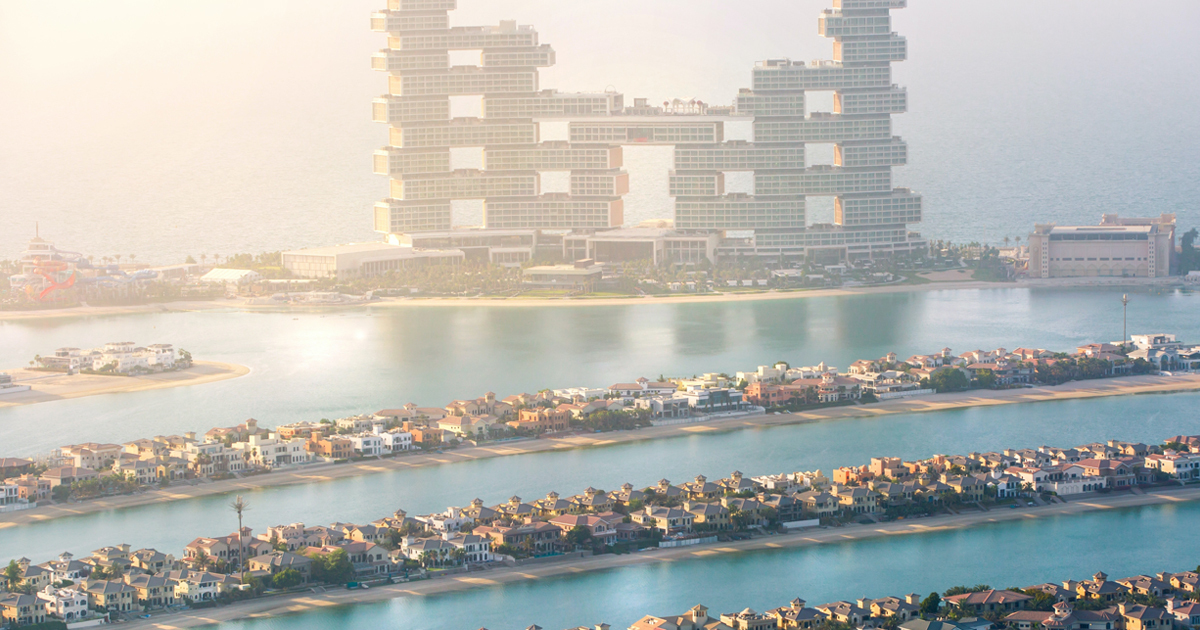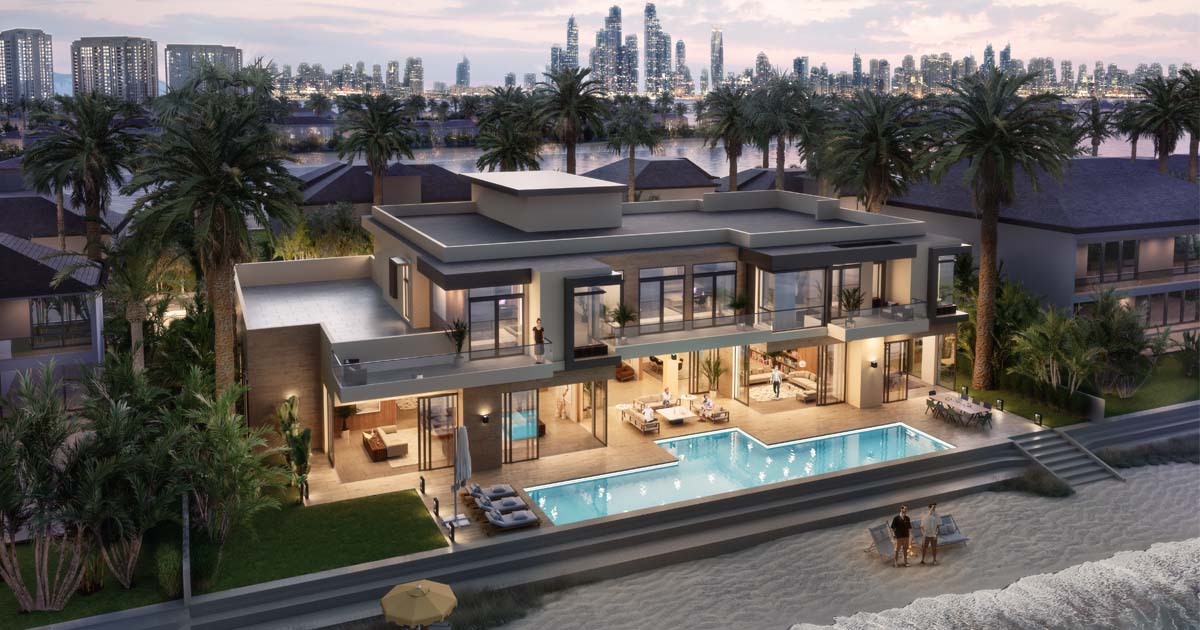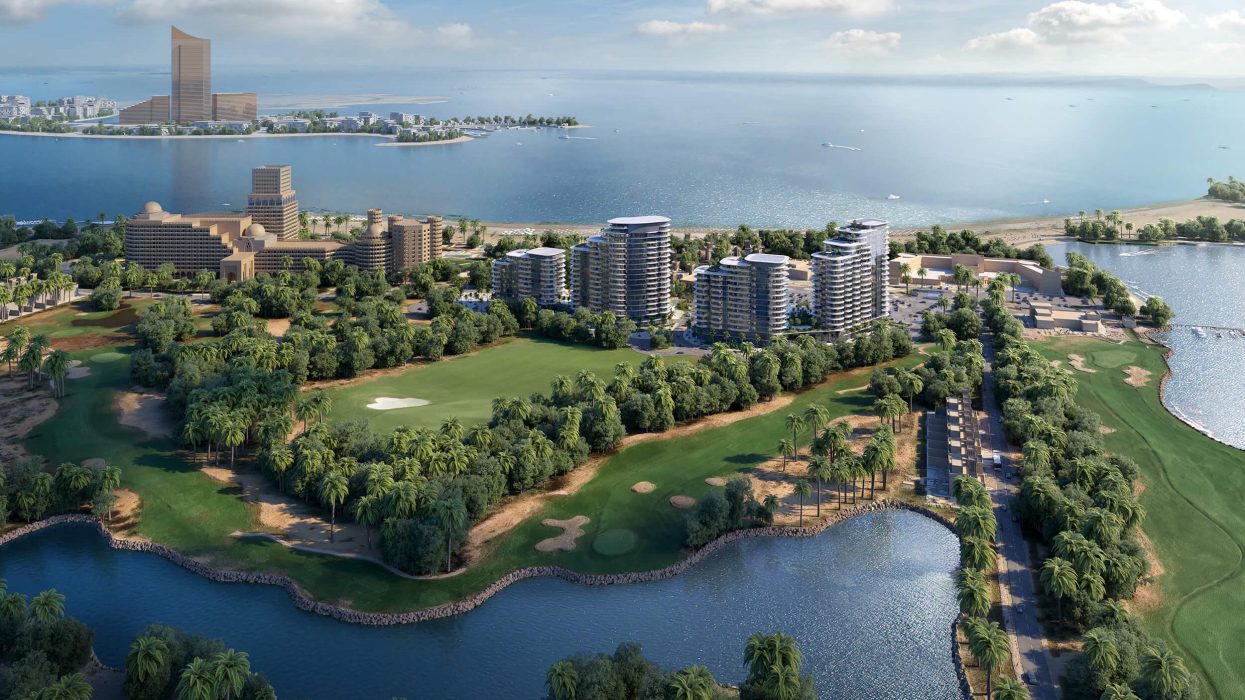Many people dream of buying property, which can often be a long and difficult process from day one until the key handover. As people search for the right apartment or villas, get the paperwork done, visit multiple sites, and have meetings, it’s becomes a long and arduous process. Dubai real estate has seen an increased interest in property investments from local and overseas buyers. Along it, is the demand for property mortgages. There are different types of mortgages in Dubai, and it is of huge importance to make the right decision.
At Ellington Properties, we provide easy payment plans for our homebuyers and investors, allowing them to pay as part of a 50/50 payment plan. Many of our clients pay the remaining 50% with a mortgage. For that reason, we have compiled a guide to the different types of mortgages available in the UAE.
BACKGROUND ON MORTGAGES
In the simplest terms, a mortgage is a loan you would take from a bank or individual that gives them the right to take your property if you fail to pay back the money you’ve borrowed, in addition to the interest. People often take on a mortgage to purchase properties.
UAE CENTRAL BANK
Central Bank of the UAE decides the interest rates. Every business day, banks provide their rates, and the central bank will remove both the highest and lowest rate and use the rest to create an average. They will then post the rate on their website at 11 am every day.
HOW DO BANKS CALCULATE THEIR RATES?
Some banks are linked to the Emirates Interbank Offered Rate (EIBOR), which is why banks or lenders have different rates. These rates are for what banks charge when they borrow from each other. The EIBOR is a panel of 10-12 banks, and its job is to ensure stability by regulating these rates. However, the rates could potentially fluctuate due to oil prices, or the liquidity of the market. If liquidity is tight, rates go up, and if deposits rise, the rates go down.
TYPES OF MORTGAGES AVAILABLE IN THE UAE
For those looking for mortgage options, there are different types depending on your needs and situation. The interest rates depend on the factors mentioned above, as well as others such as the amount, the time, and the type of mortgage.
FIXED RATE MORTGAGE
The interest rate is set before the loan period starts in a fixed-rate mortgage. Also, during the pre-agreed duration, which is normally under five years, this rate does not change. In this scheme, there are obvious incentives but to consider all the available mortgage forms in Dubai, it’s helpful to research the market or seek expert help, because a fixed-rate mortgage is not the safest choice if rates seem to be in decline. If the business condition shifts and prices go downwards, you would be left with the initial rate. Alternatively, if the prices go higher, the fixed-lower-rate would be an advantage. Regardless of how the market moves, the interest rate will remain the same.
VARIABLE INTEREST RATES OR FLOATING INTEREST RATES
For variable interest rate mortgages, the interest rate can vary based on market conditions over the repayment period. When market dynamics determine, you can end up with a good offer, or even end up paying a higher rate of return. Depending on the market itself, your rate could increase or decrease dramatically at any time. For this reason, it is important to make sure you have the financial liquidity to manage any rise in repayments if you apply for this form of loan.
CAPPED MORTGAGE
For people worried about having their rates increase to a point that they can’t afford, but who want a floating interest mortgage, a capped mortgage is an option. Capped mortgages are the only rate types that have payment stability, other than fixed rates. The capped mortgage was introduced as an exclusive deal for a short period, and is defined by the fact that before the loan period starts, a maximum rate is set. If the market increases beyond that limit, it will not affect you, but if the market declines, you will be at an advantage. The monthly installment would not go above the predefined limit regardless of the market.
OFFSET MORTGAGE
A conventional mortgage is combined with one or more savings accounts at the same financial institution to provide an offset mortgage, which is a recent term that only a few lenders offer in the UAE. Loan holders can connect their savings account, current account, credit card account and the loan account under an offset mortgage. Whenever any funds on some of the accounts are paid, the value of the debt is decreased by an offset of the amount credited. Therefore, you might pay a lower rate of interest in the long term by periodically offsetting the amount.
REMORTGAGE
A remortgage is a loan on an existing mortgage or, in basic words, a transfer to a new lender. It is named as balance transfer in the UAE. Interestingly, the same provider can offer this new loan, or you can find a new one. Many times, even if the interest rate on the original loan is low, individuals apply for a remortgage because they require extra funds. The smaller your loan-to-value (LTV), the more mortgage options you can have. You can calculate your LTV by dividing your remaining mortgage balance by the current value of your home.
WHAT BANKS PROVIDE MORTGAGE LOANS?
There are many banks in the UAE that provide mortgages to both residents and international investors, such as:
FAB
Emirates NBD
ADCB
ADIB
CBD
RAKBANK
Standard Charter Bank
Mashreq Bank
HSBC
DIB
